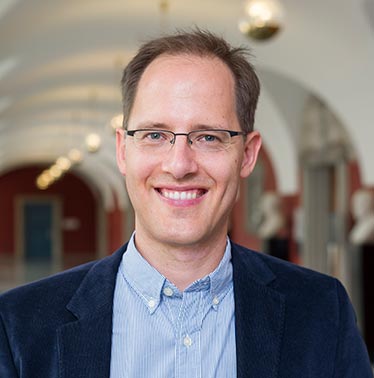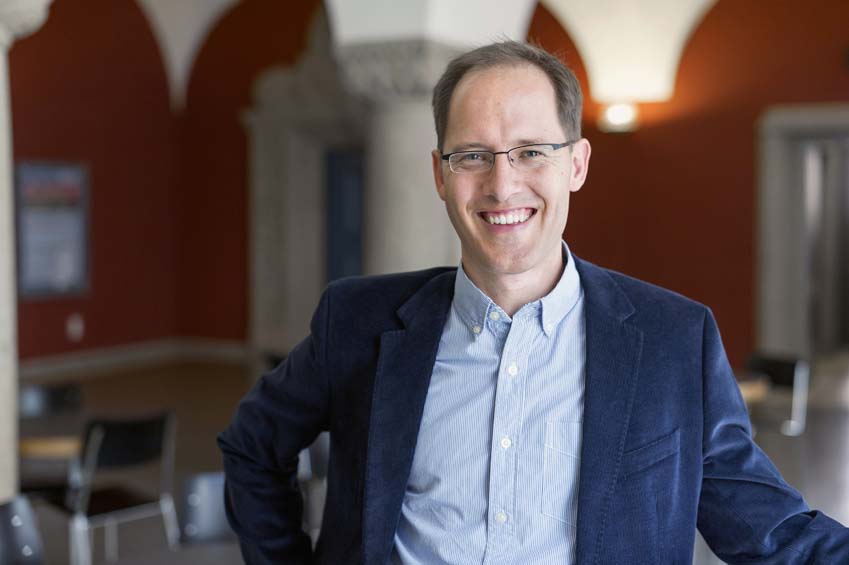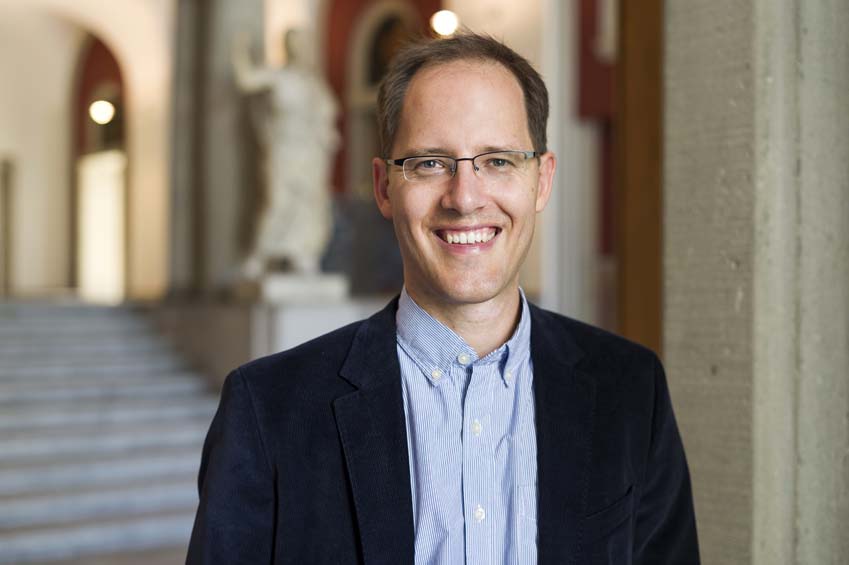Florian Scheuer’s most recent research investigates the policy implications of rising income and wealth inequality, with a focus on tax policy. For instance, he has examined the determinants of top incomes, such as the top one percent, whose share of total income has rapidly expanded over the past decades in several developed countries. Many observers have argued that superstar effects have played an important role in this trend, fueled by skill-biased technological progress and globalization. Scheuer has shown that, even though superstar phenomena increase top income inequality, they do not necessarily provide a force for higher top marginal tax rates, since they also imply a greater taxable income elasticity of top earners.
Another frequently raised concern has been that some top incomes, rather than contributing to total economic output, have been earned at the expense of other workers. Scheuer has developed models to examine income taxation in the presence of such rent-seeking activities, and to quantify their importance. In other recent work, he has incorporated further important, real-world features of labor markets into the design of optimal income and wealth taxes, including worker sorting into different occupations, economies with an important entrepreneurial sector, as well as political constraints on tax policy in times of rising inequality.
Apart from tax policy, Florian Scheuer has been interested more broadly in the functioning of markets and the design of welfare-improving government interventions in case of market failures. For example, he has studied equilibria in insurance and financial markets with important frictions such as adverse selection or aggregate risk. A common motivation for his work is to identify pressing societal challenges and use rigorous economic analysis to inject scientific objectivity into the—often times heated—public debate about policy responses.
Florian Scheuer’s most recent research investigates the policy implications of rising income and wealth inequality, with a focus on tax policy. For instance, he has examined the determinants of top incomes, such as the top one percent, whose share of total income has rapidly expanded over the past decades in several developed countries. Many observers have argued that superstar effects have played an important role in this trend, fueled by skill-biased technological progress and globalization. Scheuer has shown that, even though superstar phenomena increase top income inequality, they do not necessarily provide a force for higher top marginal tax rates, since they also imply a greater taxable income elasticity of top earners.
Another frequently raised concern has been that some top incomes, rather than contributing to total economic output, have been earned at the expense of other workers. Scheuer has developed models to examine income taxation in the presence of such rent-seeking activities, and to quantify their importance. In other recent work, he has incorporated further important, real-world features of labor markets into the design of optimal income and wealth taxes, including worker sorting into different occupations, economies with an important entrepreneurial sector, as well as political constraints on tax policy in times of rising inequality.


